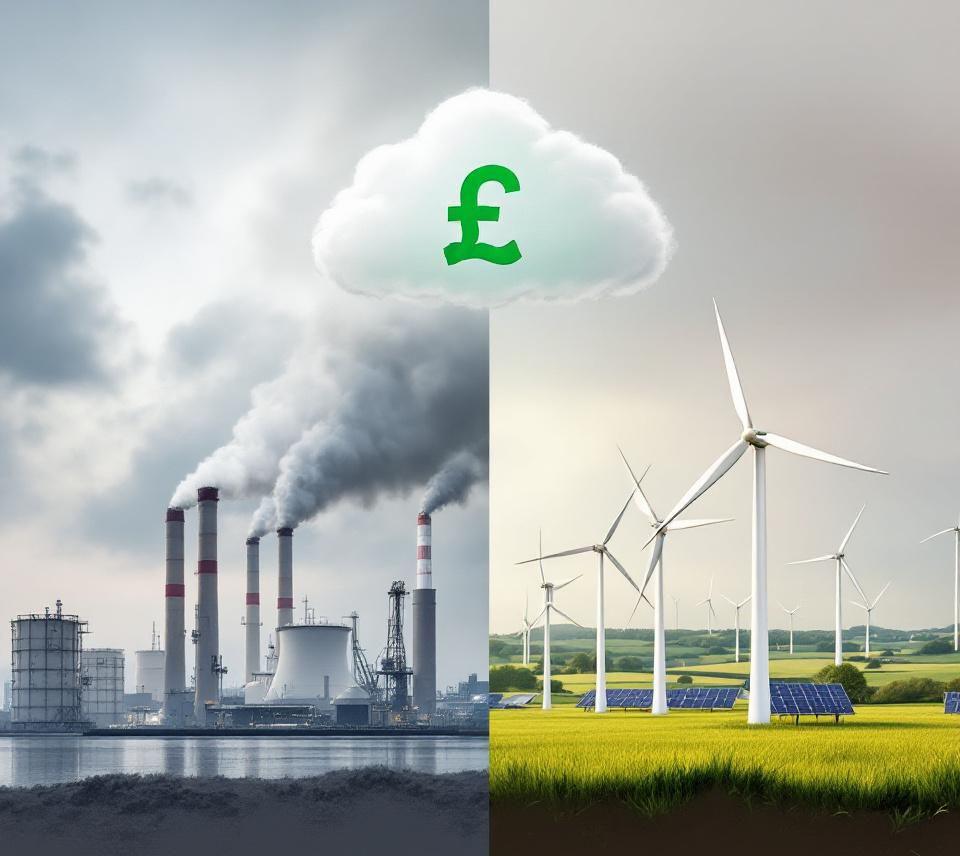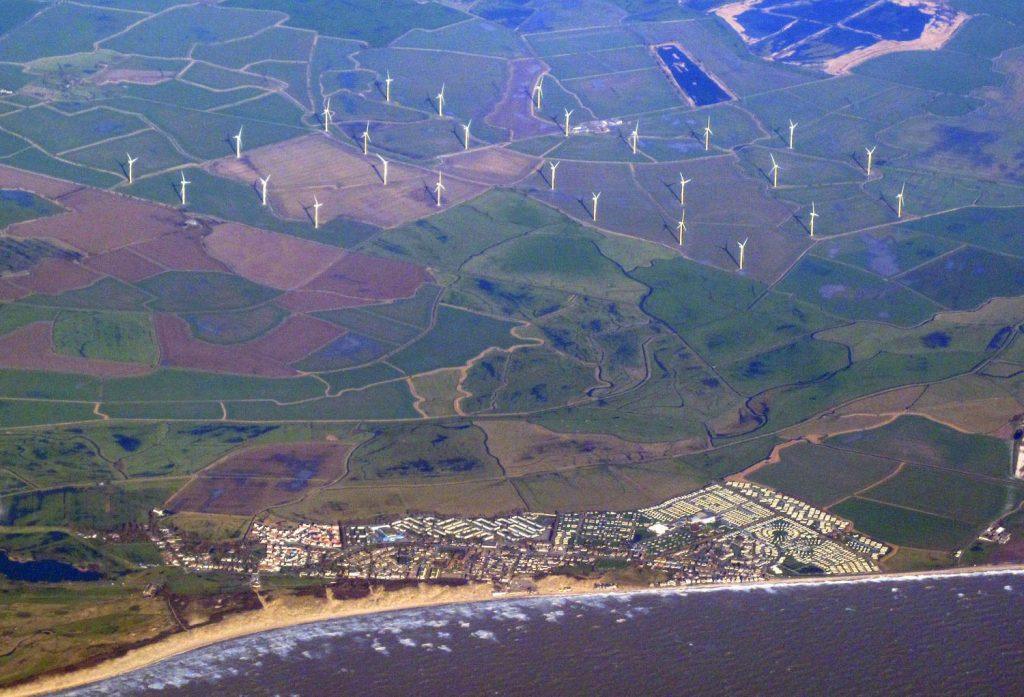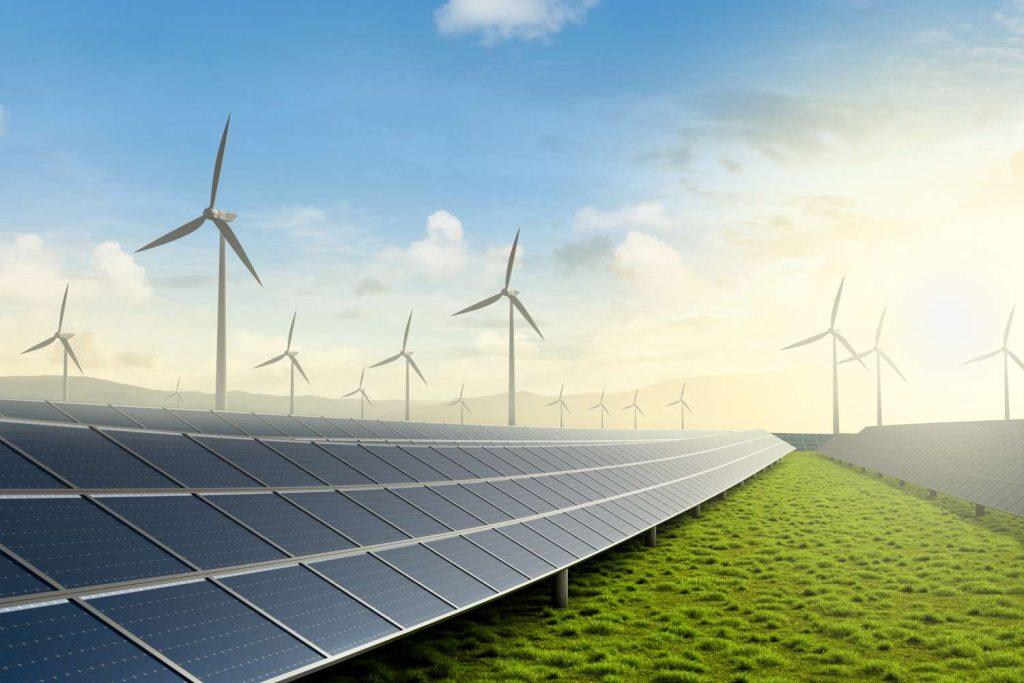October saw the consultation in the village hall of the proposed solar farm on Romney Marsh. One of the questions frequently raised by villagers suggested that we investigate the subject a bit more.

Is green energy more expensive, surely it should be cheaper than fossil fuel?
We are told that the UK’s high electricity prices are not solely due to environmental protection measures. The primary driver of these high prices is the wholesale price of electricity, which is influenced by the price of gas.
While there are green levies and network charges that contribute to the rise in bills, they account for only a small percentage of the overall increase. The UK government has implemented reforms to create a fairer and more efficient energy system, which includes measures to protect consumers and secure investment in clean energy.
However, the high prices are also a result of the UK’s reliance on imported natural gas and the marginal pricing model, where electricity prices are set based on the most expensive source used to meet demand.

BBC Verify tell us that there are several reasons, including the time and money it takes to make the power system greener, the question of who pays, and the way the electricity market is set up.
The UK’s electricity is expensive. Compared with countries in the European Union, UK domestic electricity prices ranked fourth highest in the first half of 2024 – the most recent government data.
Renewables can generate electricity cheaply, but building a wind farm on land – and particularly out at sea – comes with high up-front costs and the planning process is often lengthy.
The government needs to triple wind and solar capacity. To get developers to deliver this, it needs to provide certainty that they will get a return on their investment.
It does that by agreeing a fixed price – or strike price – that they will be paid for each unit of electricity generated for 15 years into the future. Strike prices were expensive, but have fallen considerably, apart from a small rise from 2022-24 linked to global supply chain pressures.

As more renewables are connected – and operational improvements mean the grid can be safely run on this type of power – there should be more times when gas is not setting the wholesale price.
It is working though – the United Kingdom has also cut greenhouse gas emissions by nearly 30% over the last decade and ranks fifth on the 2024 world Environmental Performance Index (more about that next month).
Editor’s note – CCN approached both South Brooks Solar Farm and the opposition group, “Hands Off Our Marsh”, for a comment. Neither have responded at the time of publication.









